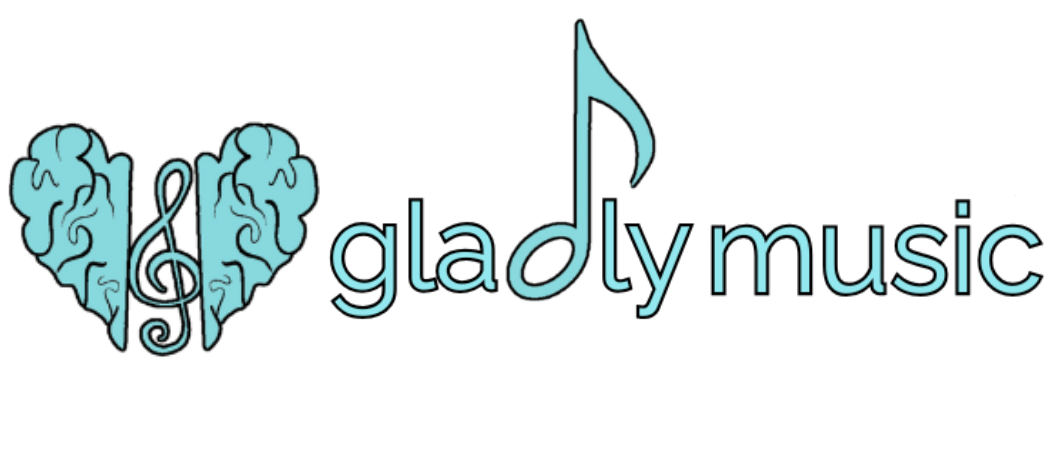Why music therapy works
Music therapy is a field that has gained recognition for its ability to promote healing, enhance well-being, and improve quality of life across various populations. From children with developmental disorders to adults managing chronic pain, music therapy has demonstrated its effectiveness in addressing a wide range of physical, emotional, and cognitive challenges. But what exactly makes music therapy work? In this article, we explore the underlying mechanisms and therapeutic principles that contribute to the efficacy of music therapy.
The Power of Sound:
At its core, music therapy harnesses the power of sound to facilitate therapeutic outcomes. Music has a profound impact on the human brain, eliciting emotional responses, activating neural networks, and influencing physiological processes. Whether it's the rhythmic beat of a drum or the soothing melody of a lullaby, different elements of music can evoke a wide range of sensations and emotions, making it a versatile tool for therapeutic intervention.
Emotional Expression and Regulation:
One of the key reasons why music therapy is effective is its ability to facilitate emotional expression and regulation. Music provides a nonverbal means of communication, allowing individuals to express complex feelings and experiences that may be difficult to articulate verbally. Through listening to or creating music, clients can explore and process their emotions in a safe and supportive environment, leading to greater self-awareness and emotional resilience.
Neurological Effects:
Numerous studies have shown that music has a profound impact on the brain, influencing various cognitive functions such as attention, memory, and executive functioning. Music therapy has been shown to stimulate neural pathways, promote neuroplasticity, and enhance brain connectivity, particularly in regions associated with emotion processing and social cognition. These neurological effects contribute to improvements in cognitive functioning, mood regulation, and overall mental health.
Sensory Stimulation and Integration:
Music therapy often incorporates multisensory experiences, engaging auditory, visual, and tactile modalities simultaneously. By providing rich sensory stimulation, music therapy can help individuals integrate and organize sensory information more effectively, leading to improvements in sensory processing and modulation. For individuals with sensory processing disorders or neurological conditions such as autism spectrum disorder, music therapy offers a unique opportunity to engage with the environment in a structured and meaningful way.
Social Interaction and Connection:
Music has a powerful ability to bring people together, fostering social interaction, and connection. Group music therapy sessions provide opportunities for collaboration, cooperation, and mutual support, promoting a sense of belonging and community among participants. For individuals struggling with social isolation or interpersonal difficulties, music therapy offers a supportive space to develop social skills, build relationships, and strengthen interpersonal bonds.
Personalized and Client-Centered Approach:
One of the strengths of music therapy is its flexibility and adaptability to individual needs and preferences. Music therapists tailor interventions to each client's unique goals, strengths, and challenges, ensuring that the therapy is personalized and client-centered. Whether it's selecting specific musical activities, adapting the pace and intensity of the session, or incorporating instruments and genres that resonate with the client, music therapy honors the individuality of each person and empowers them to actively participate in their healing process.
Conclusion:
Music therapy works because it taps into the innate power of music to heal, connect, and transform. By engaging with music in a therapeutic context, individuals can access deeper layers of emotion, cognition, and identity, leading to profound changes in their well-being and quality of life. Whether it's through emotional expression, neurological stimulation, sensory integration, social interaction, or personalized interventions, music therapy offers a holistic approach to healing that addresses the whole person. As we continue to uncover the mechanisms underlying its effectiveness, music therapy holds promise as a valuable tool for promoting health, resilience, and flourishing across the lifespan.
